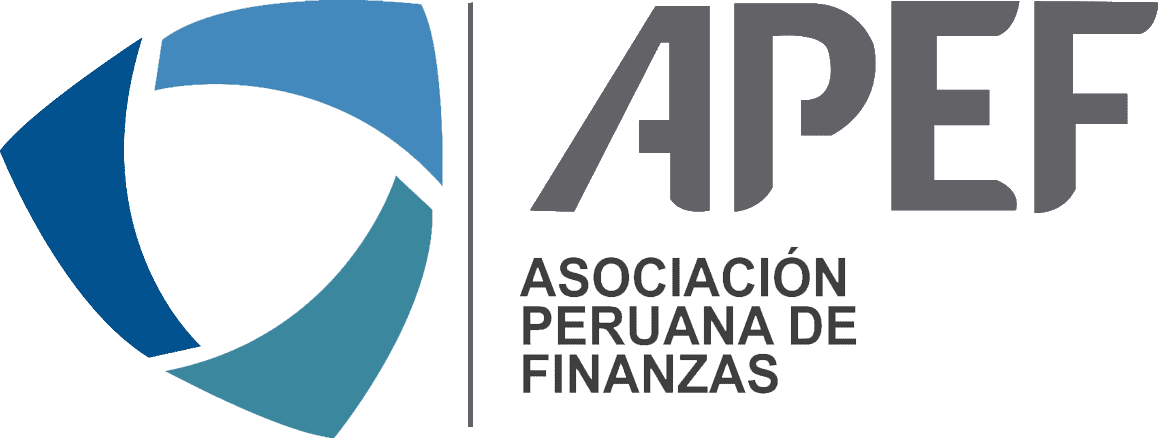We keep our ear to the ground for the interesting stats, insights and discussion points you need to feel in the know.
1. Turning the tide

Addressing the polycrisis, a tangled web of interconnected global challenges, requires a major economic overhaul. While there are positive signs, it’s time for bold, immediate steps towards a sustainable future. The current economic model, with its focus on unsustainable growth and consumption, needs to be replaced by one that values quality and sustainability. But why is this important for business? This isn’t just a job for policymakers or tech innovators; it’s a call to action for everyone, especially the business world. Companies are at the heart of this change, holding the power to make a real difference. Despite the challenges, a growing number of companies are adapting their practices to align with principles of sufficiency, circularity, systems thinking, value redefinition, and equity. These aren’t just strategic moves; they’re moral imperatives. The choices we make today are gifts (or burdens) we leave for the next generation…
Regenerative principles to unlock a sustainable future
2. Gen Z’s quest for authenticity

Gen Z will dominate the American workforce in 2024, outnumbering boomers with their fresh energy. As 17 million of them navigate their early careers, they’re adding a vibrant dynamic to our four-generation economy. Gen Z isn’t just clocking in and out, they’re redefining workplace culture. They crave real talk and genuine connections, and they’re known for shaking up the status quo. Instead of trying to fit these young professionals into the old-school mold, tap into their working philosophy and entrepreneurial nature. In fact, they share a surprising kinship with the Silent Generation (those born between 1928 and 1945), having grown up amidst financial ups and downs and global unrest. Gen Z’s quest for authenticity, their itch to challenge the norm and their high personal standards aren’t just admirable traits — they’re the makings of standout team players and trailblazing entrepreneurs, regardless of age. It’s up to business leaders to harness their spirit and blend it with the wisdom of other generations to create a powerhouse workforce. Connecting with Gen Z will spark innovation, growth, and create a robust, inclusive workplace where every generation can thrive together…
3. Thirst for success

A major beverage company has shaken things up by revamping its technology to slash costs and boost efficiency. Teaming up with EY, they spent nearly two years overhauling their supply chain. They upgraded their IT systems to predict demand better and produce a wider variety of drinks, while investing heavily in their employees. Leadership knew that upgrading their technology and using data effectively, would only work if they also invested in training their employees and getting everyone on board. Their newly minted supply chain model, developed with EY and P&G, has turned them into a full-capacity powerhouse, distributing across all 50 US states. The results? A 30% cut in changeover times and an 18% bump in throughput. Thirsty to push boundaries, this case study is proof that to stay competitive in 2024, it takes more than just better systems and technology. Training and engaging employees is crucial to the success of overall supply chain strategy.
Case study: Creating a flexible beverage supply chain
4. Keep it in the family

Only 20% of family offices consider their data security bulletproof, yet half recognize the financial hit a cyber breach could deliver. This stark reality highlights a dilemma: technology fuels growth but also invites new risks. For family offices, often running on lean teams focused elsewhere, the challenge is real. It’s crucial to remember that cybersecurity isn’t just about tech; it’s about people too. Human error is behind 80% of breaches, underscoring the need for robust internal controls and a culture of security. Family offices should be alert to their vulnerability due to limited staff and outdated practices, which cybercriminals exploit. Best practices suggest designating someone internally to steer the tech strategy, supplemented by managed services, and to foster a proactive stance through continuous training and vigilant processes for emails, passwords, and software checks. This is a wakeup call for family offices to elevate their cyber defenses in this rapidly evolving digital landscape…
How family offices can maximize the upside of tech and minimize risk
5. Blockchain reaction

Managing contracts can be a real headache. Traditional methods often lead to inefficiency, with lost time and unnecessary expenses. But here’s the newest player in town: blockchain technology — a sophisticated yet practical solution that’s changing the way we handle contracts. Think of blockchain as a digital ledger that’s all about transparency and trust. Smart contracts, a feature of blockchain, take the terms of a deal and turn them into code that runs itself. No more middlemen, just savings on time and money. Take manufacturing, for example. Smart contracts make sure suppliers and producers talk to each other, enhancing supply chain efficiency. In healthcare, they’re protecting patient privacy like never before, streamlining interactions between care providers and insurers. And in the energy sector, they’re making it easier to buy and sell power, even giving a leg up to green energy. The integration of Zero-Knowledge Proofs (ZKP) with blockchain adds another layer of sophistication, allowing transaction validation without exposing sensitive details. This is huge for industries that handle confidential information. Bottom line: blockchain is reshaping how businesses manage contracts, making it all more efficient, cost-effective, and secure. If businesses want to stay ahead of the curve, jumping on the blockchain bandwagon isn’t just smart — it’s essential…
How can blockchain stop your revenue drain through smarter contract management?


